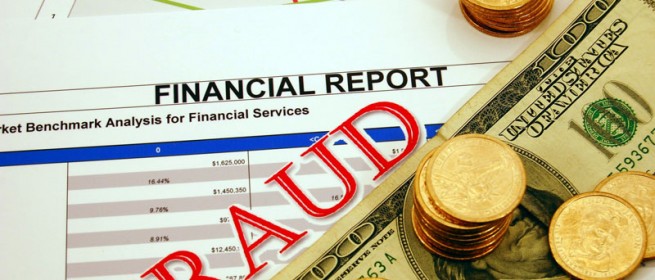 Forensic accounting dates back to ancient Egyptian days when Pharaoh employed official scribes to account for gold reserves and royal assets with duties to detect and prevent fraud. Those primary roles remained relatively constant until the early 20th century.
Forensic accounting dates back to ancient Egyptian days when Pharaoh employed official scribes to account for gold reserves and royal assets with duties to detect and prevent fraud. Those primary roles remained relatively constant until the early 20th century.
Also called “financial forensics,” the field of forensic has evolved into a highly specialized area of accounting that involves financial reconstructions and projections. Such functions are most commonly associated with prospective or active litigation and financial disputes. Indeed, the term “forensic” means “suitable for a court of law.”
What Forensic Accounting Professionals Do
All forensic accounting analyses have four common “core” duties that consist of:
• Data collection
• Data preparation
• Data analyses
• Reporting
Common forensic accounting practice contexts are:
• Economic loss assessments
• Business asset valuation, insolvency, reorganization, and bankruptcy
• Securities fraud
• Income projections in domestic relations or labor disputes
• Criminal investigations
Practical applications of forensic accounting include investigating suspicious employee expenditures; fictitious vendor invoice identification; embezzlement detection and quantifying; developing evidence for use in criminal prosecutions; preparing income projections to guide child support and alimony awards; and expert evaluation of income or revenue devaluation in damage claims.
Some forensic accountants subspecialize in construction, insurance, fraud, or personal injury claims. An emergent trend within the profession is increasingly proactive practice perspectives of risk reduction by devising and executing progressive measures. Such measures are integrated into conventional auditing processes to facilitate accurate investment analyses and effective fraud prevention.
Forensic accountants work with a wide variety of financial documents and have access to large amounts of sensitive data. Common examples are financial statements, bank statements, and credit statements in both paper and electronic form. Other less obvious items include e-mails, address books, telephone number listings, electronic memoranda, spreadsheets, and similar sources.
Multifaceted Mandatory Forensic Accountant Skills
Forensic accounting encompasses broad knowledge bases across many disciplines. Like their professional colleagues, forensic accountants must have specialized knowledge and training in applicable accounting standards and multiple Financial Reporting Systems and auditing procedures. Like lawyers, they must remain abreast of relevant regulations and statutes. Like investigators, they must uncover, compile, organize, and analyze evidence and investigate possible fraudulent financial activities. Finally, they must have good communication and skills to collaborate with prosecutorial and investigative agencies.
Educational Requirements
At a minimum, forensic accountants must have a four-year degree in Accounting or a related discipline and two years of accounting or auditing experience. To provide expert witness testimony, forensic accountants must be licensed by the venue of jurisdiction. In the U.S., that means Certified Public Accountant credentialing by the American Institute of Certified Public Accountants (“AICPA”).
Most forensic accounting analysts hold professional designations such as:
• Certified Forensic Accounting Professional (“CFAP”)
• Chartered Accountants (“CA”)
• Certified Management Accountants (“CMA”)
• Chartered Professional Accountants (“CPA”)
• Certified Forensic Accountants (“Cr.FA”)
• Investigative & Forensic Accountants (“IFA”)
• Certified Fraud Examiners (“CFE”)
• Certified in Financial Forensics (“CFF”)
AICPA offers more details about professional accountant designations at http://www.aicpa.org/InterestAreas/ForensicAndValuation/Pages/ForensicValuationHome.aspx.
Where Forensic Accountants Work
Most common forensic accountant employers are big accounting firms, boutique accounting firms, and law enforcement agencies. Many forensic accountants work as independent consultants to corporations or provide expert services for insurers, government agencies, and/or individuals.
Bottom Line On Bright Outlooks
Widespread emphases on money and numbers ensure optimism for the forensic accounting occupation into the distant foreseeable future. Hence, those with inquisitive minds attuned to minor details and bents for numbers are highly advised to conduct in-depth calculations into the feasibility of a forensic accounting career.
 Follow
Follow